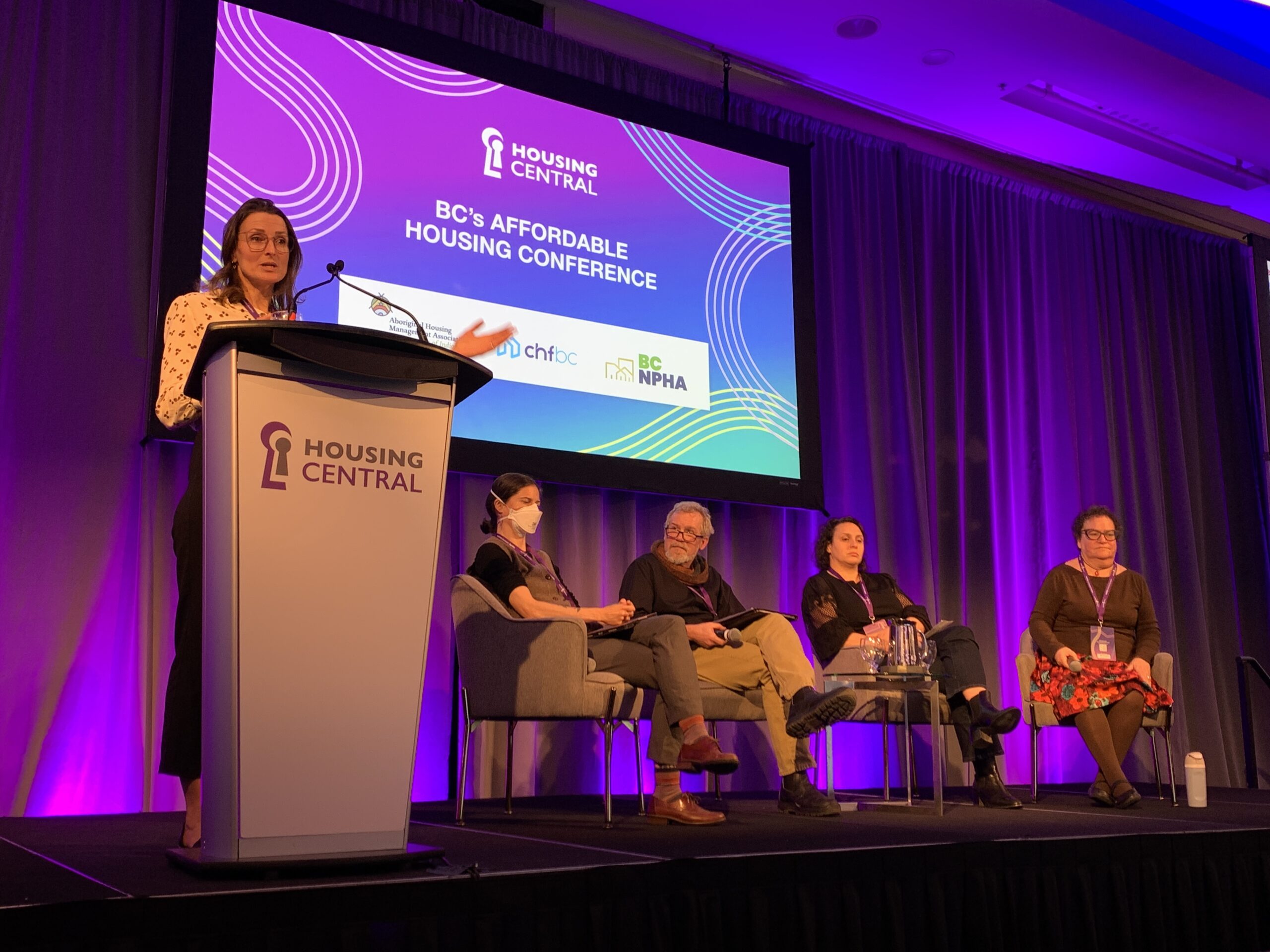Canada’s housing crisis isn’t a future threat—it’s a present emergency. Rents are skyrocketing, homelessness is rising, and deeply affordable housing is becoming scarcer by the day. These issues are felt most acutely at the city level, where mayors and councillors face the immediate fallout from housing shortfalls and policy delays.
That’s why the appointment of Gregor Robertson as Canada’s new Minister of Housing and Infrastructure and Minister responsible for Pacific Economic Development Canada is both timely and significant.
Why Robertson’s Mayoral Background Matters
Before entering federal office, Robertson served three terms as Mayor of Vancouver, a city often at the forefront of Canada’s housing struggles. There’s no denying that he understands the local pressures of the housing crisis, including the need to get other governments on board. As he said in 2018:
“If I could do it over, I would have been more abrasive and more vocal with the other levels of government. I wish I had tried a much more full-frontal, critical approach to call out governments when they’re not investing in homelessness and housing and they’re not regulating foreign capital and the real-estate industry.”
Local governments often operate at the sharpest edge of this crisis, yet they’re frequently left with limited policy tools and inadequate funding to address systemic issues. A federal housing minister who has navigated these constraints firsthand is more likely to champion policy that aligns with on-the-ground realities.
From Crisis to Coordination
Robertson is right. Housing is not just a municipal concern—it’s an intergovernmental responsibility. Local knowledge must be paired with federal capacity, long-term financing, and a clear-eyed commitment to equity and human rights. Robertson’s experience across municipal and provincial politics positions him to understand this complexity—and hopefully, to act on it.
Canada’s new housing agenda promises to:
- Double housing construction to 500,000 homes per year
- Launch a federal public developer, Build Canada Homes, with $10B in funding
- Invest over $25B in prefabricated construction
- Reintroduce rental housing incentives and ease development charges
But incentives and tax cuts won’t fix the housing crisis on their own. We need systemic solutions that prioritize affordability, rental security, and social equity.
What the Research Says
Research from the Balanced Supply of Housing (BSH) and our Housing Research Collaborative counterpart, the Housing Assessment Resource Tools (HART), at UBC’s Allard School of Law has revealed:
- Skyrocketing rents across nearly all Canadian cities
- A severe shortage of homes affordable to low-income households
- Underused public land that could be leveraged for non-market housing
- The crucial need for better rental protections
- The need to scale up Indigenous-led housing
- An urgent lack of data-driven policy frameworks that track housing needs over time
In Metro Vancouver alone, HART data reveals a deficit of 160,000 homes affordable to those earning under $60,000 per year. That’s not a gap—it’s a canyon. Filling it will take more than market incentives.
What Cities Need from Federal Leadership
A mayor-turned-minister should know that pilot projects and one-off funding rounds don’t move the needle. Here’s what we believe must be part of the federal response:
- Enforceable rights: Strengthen the National Housing Strategy Act so the right to housing has real legal teeth.
- Long-term investment: Provide predictable low-interest federal funding for non-profit organizations to develop deeply affordable rental housing.
- Public land for public good: Use publicly owned lands to develop permanently affordable housing.
- Data-led action: Support robust data collection and needs assessments to guide local and national policy.
- Support Indigenous housing providers: Fund Indigenous-led solutions rooted in self-determination and community needs.
A Moment of Opportunity
With Gregor Robertson’s appointment, we have a rare opportunity to align national strategy with local need. As BSH and HRC Director, Dr. Alexandra Flynn said:
“Cities are where the right to housing is either realized—or denied.”
A federal government committed to playing the long game, investing in people, and backing non-market solutions can help turn the tide.
We welcome the new Minister and look forward to working toward a more just, balanced, and affordable housing system for all.
The Balanced Supply of Housing is a SSHRC-CMHC funded community-based research project at UBC that focuses on land use and housing financialization across Vancouver, Toronto and Montreal.



